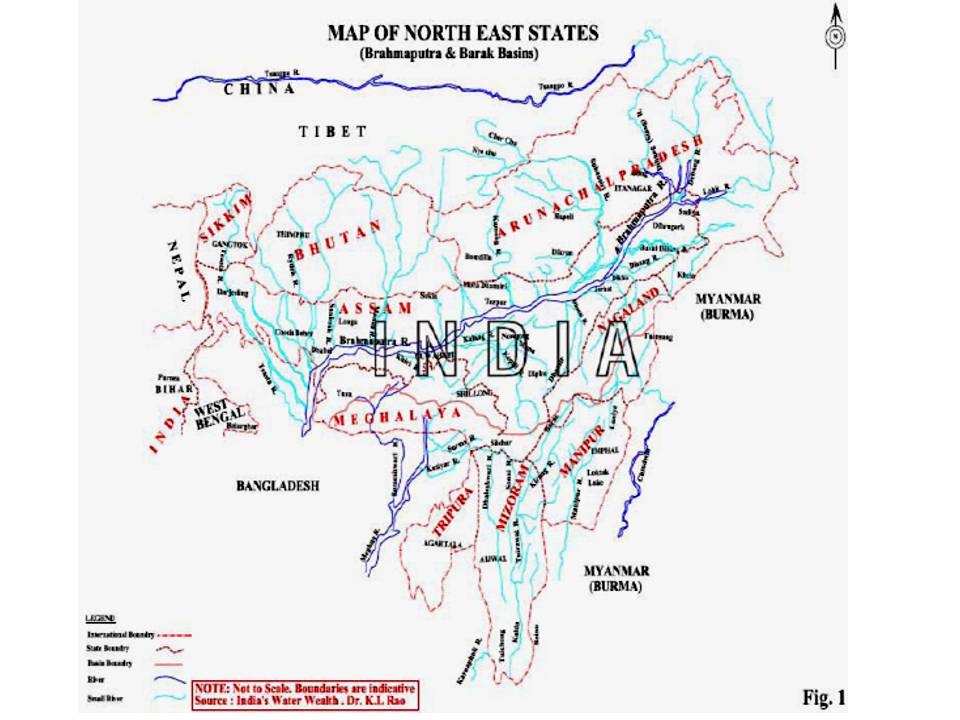/topics/public-infrastructure-and-services
Public Infrastructure and Services
Governing the urban poor - Riverfront development, slum resettlement and the politics of inclusion in Ahmedabad - A paper published in EPW
Posted on 08 Feb, 2012 11:58 AMSabarmati Riverfront Development (SRD) project, an urban mega-project in Ahmedabad has been proclaimed as a case based on “flexible governing” of the residents of the riverfront informal settlements.
Mining poisons South Goa waters: The case of the Salaulim reservoir shown in a film
Posted on 04 Feb, 2012 05:05 PMContent and Media Courtesy: Video Volunteers
Community monitoring in water and sanitation projects - A facilitators manual by PRIA
Posted on 02 Feb, 2012 11:59 AMThis manual is based on the work that PRIA was involved in that included facilitating the process of social development and monitoring, and for guiding the process of developing models for community monitoring linked to community action, for child survival and development in six project sites in India.
This manual is divided into three key sections:
Planning as commoning - Transformation of a Bangalore lake - Paper published in the EPW
Posted on 02 Feb, 2012 11:30 AMThis paper published in the Economic and Political Weekly argues that the transformation of human settlements over time can affect the relationship between communities and commons when, for example, social geographies change from rural to urban, or from traditional systems of management to modern bureaucratic systems.
Contextualising urban water supply in a changing environment: India Urban Conference, November 17-20 2011
Posted on 30 Jan, 2012 09:21 AMIt aimed to set the challenges faced by urban planners in the current economic, socio-political, and ecological landscape. This would enable informed and negotiated choices on urban development. The stated objectives of the conference are as follows:
Bangledesh's perspectives on Tipaimukh dam
Posted on 18 Jan, 2012 11:33 PMThe Indian government and two other Indian authorities have signed an agreement on October 22, 2011 regarding construction of the Tipaimukh Dam.
Community managed sanitation in Kerala - Tools to promote governance and improve health - A Report by the World Bank Institute
Posted on 16 Jan, 2012 01:14 PMIt also deals with the efforts made by the Government of India to revolutionise sanitation services in the state of Kerala, with the aim of improving public health. Earlier experience had shown that significant governance problems had hindered water and sanitation reforms in local and national programmes in the state.
Hydropower in the Northeast: Potential and harnessing analysis - A critique
Posted on 15 Jan, 2012 11:41 PMThe main objectives of the hydropower study are as follows:
- An analysis of the hydropower potential in the Northeast and key elements of the strategy that should be followed for optimal realization of this potential
- An overview of the hydropower development options in the Northeast with regard to the water resources in the different river basins, including consideration of flood control and irrigation

Map of the north-east states
India, Pakistan and water - Lecture by Ramaswamy Iyer at MIDS
Posted on 12 Jan, 2012 10:57 PMIt traces the roots of the conflicts to the strained relations between India and Pakistan following the partition and the framing of the Indus Water Treaty in 1960.
Democratisation of water management - The experience of Tamil Nadu with governance reforms
Posted on 09 Jan, 2012 12:18 PMNor is the introduction of the private sector and the reduction in the role of the government going to help. Rather, the time has come to introduce changes at the basic or the fundamental level in the way in which the water sector functions.
There is an urgent need to bring about reforms in governance by moving towards decentralisation and democratisation, leading to involvement of people from all the sections of the society, who know and understand that they are responsible for the system and its functioning, as well as by introducing principles of equity and social justice. The papers demonstrate the successful implementation of this approach by describing the experience of Tamil Nadu at democratising water management through introduction of reforms at the level of governance, through involvement of the Tamil Nadu Water Supply and Drainage Board (TWAD).





